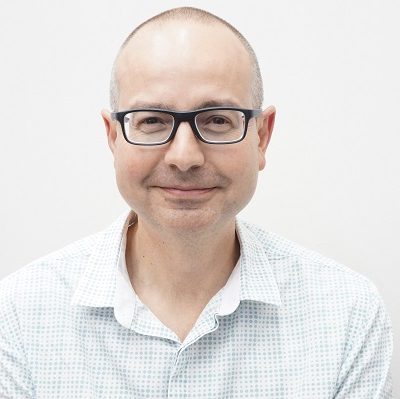A butterfly that thinks itself a bird: The identity of customary courts in Nigeria
July 11, 2023
CLIA member speaks on protection of indigenous cultural property
July 26, 2023
Professor Jacques de Ville
Dean: Faculty of Law
Welcome to the UWC Law Faculty!
The UWC Law Faculty was established as an independent Faculty in 1979 and has a proud history in the struggle against apartheid as well as providing an excellent education in law. Many of its former staff and alumni have occupied and today still occupy high positions in academia, the judiciary, parliament, the executive, the legal profession and in business.
Watch the introduction
The Faculty hosts a Law Clinic as well as four departments:
- Criminal Justice and Procedure;
- Mercantile and Labour Law;
- Private Law; and
- Public Law and Jurisprudence.
The Faculty is also home to:
- the Dullah Omar Institute for Constitutional Law, Governance and Human Rights (DOI);
- the Centre for Legal Integration in Africa (CLIA);
- the Centre for Transformative Regulation of Work (Centrow), which includes the Social Law Project (SLP);
- the African Centre for Transnational Criminal Justice; and
- the Global Environmental Law Centre (GELC).
Our permanent academic staff members hail not only from South Africa, but from as far afield as Zimbabwe, Malawi, Ethiopia, Nigeria, Uganda, and the Netherlands. Our extraordinary and adjunct professors are located in the United States, Mozambique, Australia, Kenya, the Netherlands, France, New Zealand, Switzerland, the United Kingdom, Germany, and Ethiopia.
The Faculty hosts students from at least 25 countries on the African continent and beyond, including Ethiopia, Mozambique, Nigeria, Gambia, Ghana, Kenya, Sudan, Tanzania, Liberia, Zimbabwe, Guinea, Burkina Faso, Uganda, Yemen, Cameroon, Congo, Namibia, Burundi, Sierra Leone, DRC, Zambia, Malawi, Lesotho, Mauritius, Spain, and Turkey.
The Faculty has approximately 2400 students, of whom about 80 are doctoral students and 280 Master’s students. The Faculty has the expertise to provide supervision for doctoral degrees on a wide range of legal topics and offers specialised master’s degrees in law in a number of fields.
The Faculty furthermore offers two postgraduate diplomas, which each take in around 50 new students every year:
- a postgraduate diploma in labour law, and
- a postgraduate diploma in public law.
In as far as undergraduate studies are concerned, the Faculty offers various paths towards attaining the Bachelor of Laws (LLB) degree including:
- a four-year LLB programme, with 300 new entrants per year
- a five-year LLB programme (extended curriculum programme), with 80 new entrants per year
- a B Com (law) degree with 50 new entrants per year.
The Faculty also offers a Higher Certificate in Forensic Examination, which takes in around 80 students per year.
The law degrees on offer enable one to become inter alia an advocate, attorney, prosecutor, magistrate, judge, legal advisor, consultant, mediator, researcher, legal editor, lecturer or professor. Those with law degrees can also work in various government departments (national, provincial and local) and in Parliament. Other career options with a law degree are to work at Non-Governmental Organisations, Public Interest Organisations or international bodies such as the United Nations and the International Monetary Fund.
